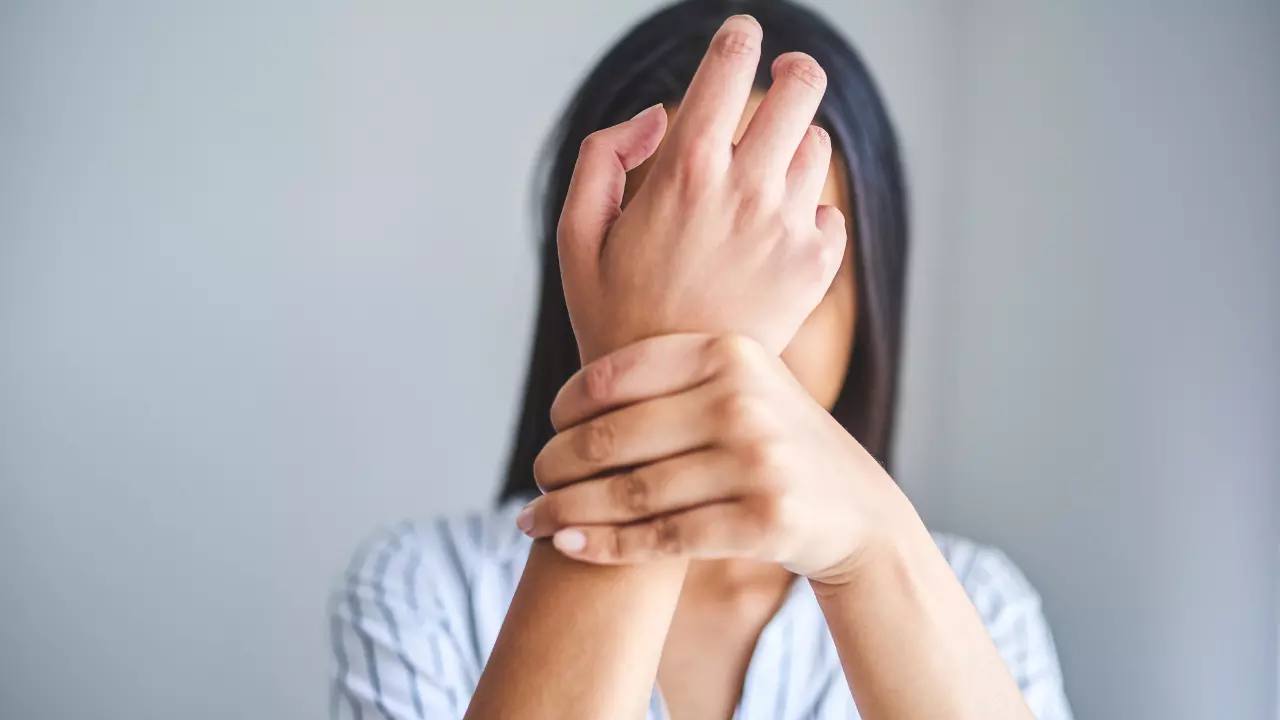Exploring Arthritis Causes in Women: The Roles of Obesity, Hormonal Changes, and Genetics
As healthy lifestyle changes become increasingly vital, it is essential to raise awareness and encourage individuals, particularly women, to take proactive measures in managing their joint health
Arthritis

When you rise from bed, a familiar stiffness in your back forces you to pause, stretching before you can even contemplate getting dressed. The simple act of pulling on your tee feels laborious as pain radiates through your shoulders. Often, these symptoms are overlooked or attributed to fatigue, leaving many unaware they might be experiencing the early signs of arthritis.
Traditionally viewed as a condition affecting older adults, arthritis is increasingly impacting younger generations, especially women. With growing awareness, it is crucial to understand the symptoms, causes, and management strategies for this often debilitating disease.
Bones and joints are vital for mobility and overall well-being. According to Dr Arvind Mehra, Senior Director of Orthopaedics at Paras Health in Gurugram, arthritis causes joint inflammation, resulting in pain and stiffness that complicate daily tasks. “While arthritis is a global issue, it occurs more frequently in women, largely due to hormonal factors.”
Several elements contribute to the rising number of young women diagnosed with arthritis, even in their 20s and 30s, including:
- Hormonal Differences: Women experience hormonal fluctuations throughout their lives, particularly during puberty, menstruation, pregnancy, and menopause. These changes can affect the onset and severity of arthritis.
- Genetics: A family history of arthritis can increase susceptibility, making some women more prone to developing the condition.
- Obesity: Excess weight adds strain to joints, especially weight-bearing ones like the knees and hips, increasing the risk of osteoarthritis.
- Inactivity: A sedentary lifestyle weakens muscles and joints, contributing to pain and stiffness.
- Autoimmune Disorders: Conditions like rheumatoid arthritis disproportionately affect women, leading to systemic inflammation that severely impacts joint health.
While there is currently no cure for arthritis, early intervention and lifestyle changes can significantly slow its progression and alleviate symptoms. Here are some strategies to consider:
1. Maintain a Healthy Weight: Losing excess weight can reduce pressure on joints, particularly in the lower body.
2. Exercise Regularly: Engaging in low-impact activities like swimming, walking, and cycling can strengthen muscles and enhance joint flexibility without excessive strain.
3. Manage Blood Sugar Levels: Keeping blood sugar levels stable may reduce inflammation and help manage symptoms.
4. Consult a Specialist: Seek advice from a rheumatologist to explore non-surgical treatments that can effectively manage arthritis symptoms and delay progression.
5. Stay Informed: Awareness is essential. Educate yourself about the condition and be proactive in monitoring changes in your joint health.

